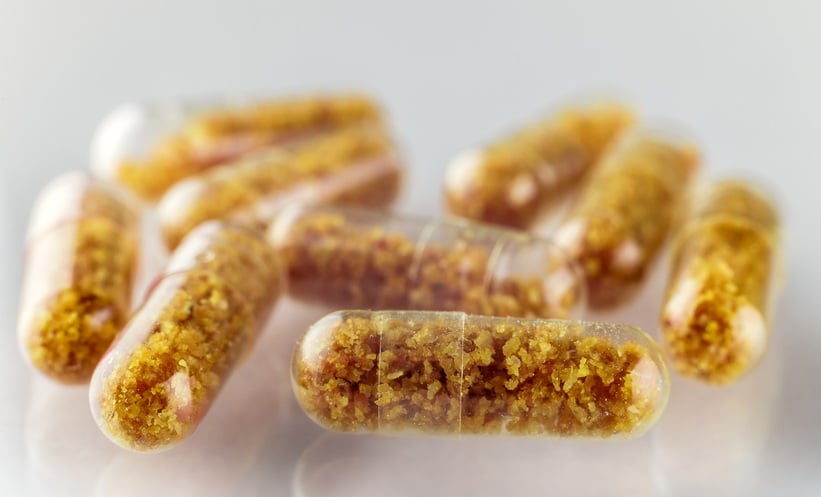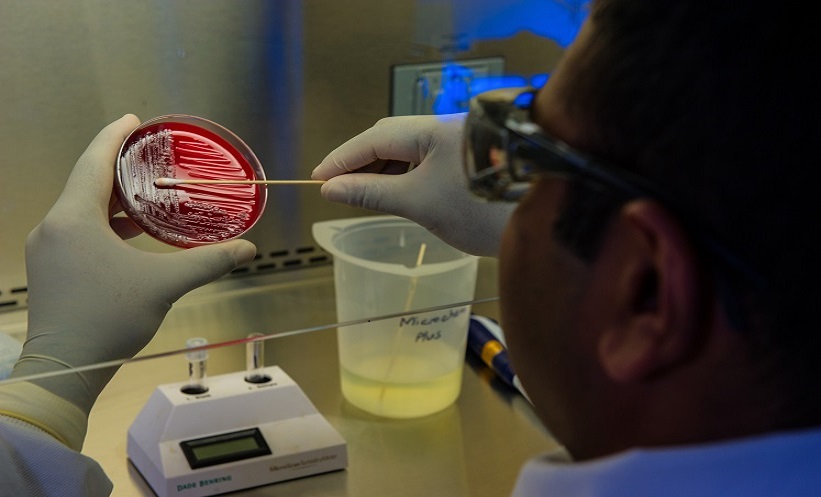FAECAL microbiota transplant (FMT) and emerging microbiome therapeutics show clear superiority over antibiotics for recurrent Clostridium difficile infection (rCDI), according to a new systematic review.
Recurrent C. difficile remains a significant therapeutic challenge, with high relapse rates after conventional antibiotics such as vancomycin or fidaxomicin. To evaluate the effectiveness of gut microbiota restoration strategies, researchers conducted a systematic review of studies published between January 2015–May 2025 across multiple databases including PubMed, Cochrane, and ClinicalTrials.gov. Following PRISMA 2020 guidelines, eligible studies included randomised controlled trials (RCTs), observational research, and case series examining FMT and microbiome-based products in adults with rCDI.
Seven studies met inclusion criteria, encompassing 1,030 patients (six RCTs, one cohort study). FMT was markedly more effective than antibiotics or placebo, with clinical cure rates between 70–91%, compared with 23–62% for standard therapy. Donor-derived FMT provided greater benefit than autologous transplant (90.9% vs 62.5%, p=0.042). Against specific comparators, FMT achieved 71% resolution, significantly higher than fidaxomicin (33%) and vancomycin (19%, p < 0.01). Microbiome-based pharmaceuticals SER-109 and RBX2660 demonstrated comparable efficacy, with relative risk reductions of recurrence of up to 68%.
Safety outcomes were reassuring, with predominantly mild gastrointestinal adverse events and no signal of increased long-term risk in up to 5 years of follow-up. Variability in administration route (capsules versus colonoscopy) and donor material (fresh versus frozen) contributed to study heterogeneity, but overall efficacy remained consistently favourable.
These findings confirm that microbiota restoration strategies represent a major advance in managing rCDI, offering durable efficacy and a favourable safety profile compared with antibiotics. Donor FMT and standardised microbiome therapeutics such as SER-109 and RBX2660 may serve as reliable options for patients with recurrent or refractory infection, and could soon become the preferred first-line strategy in rCDI, marking a paradigm shift away from antibiotic reliance.
Reference
Weerakoon S et al. Microbiota-based therapies for recurrent Clostridium difficile infection: a systematic review of their efficacy and safety. Cureus. 2025;17(8): e90737.








